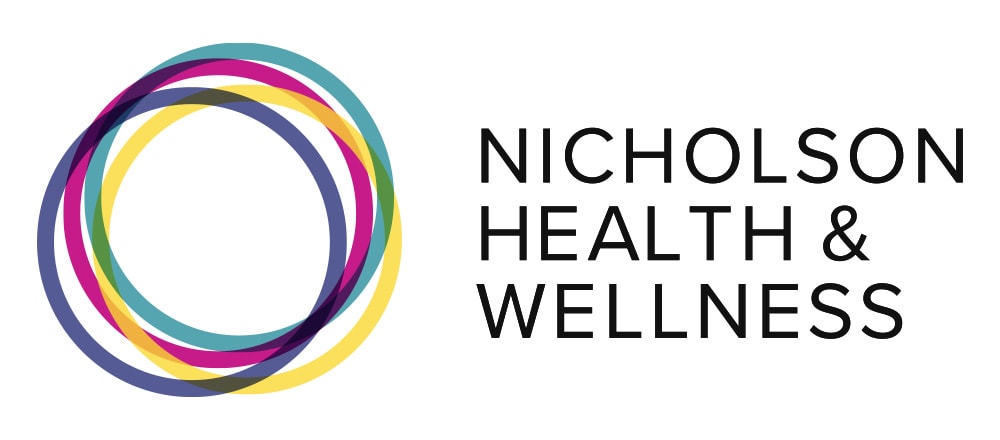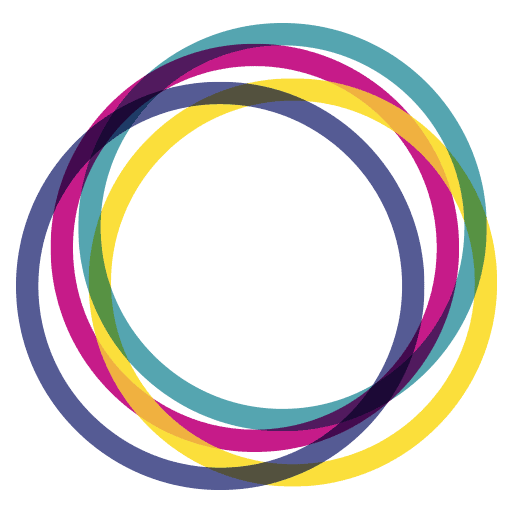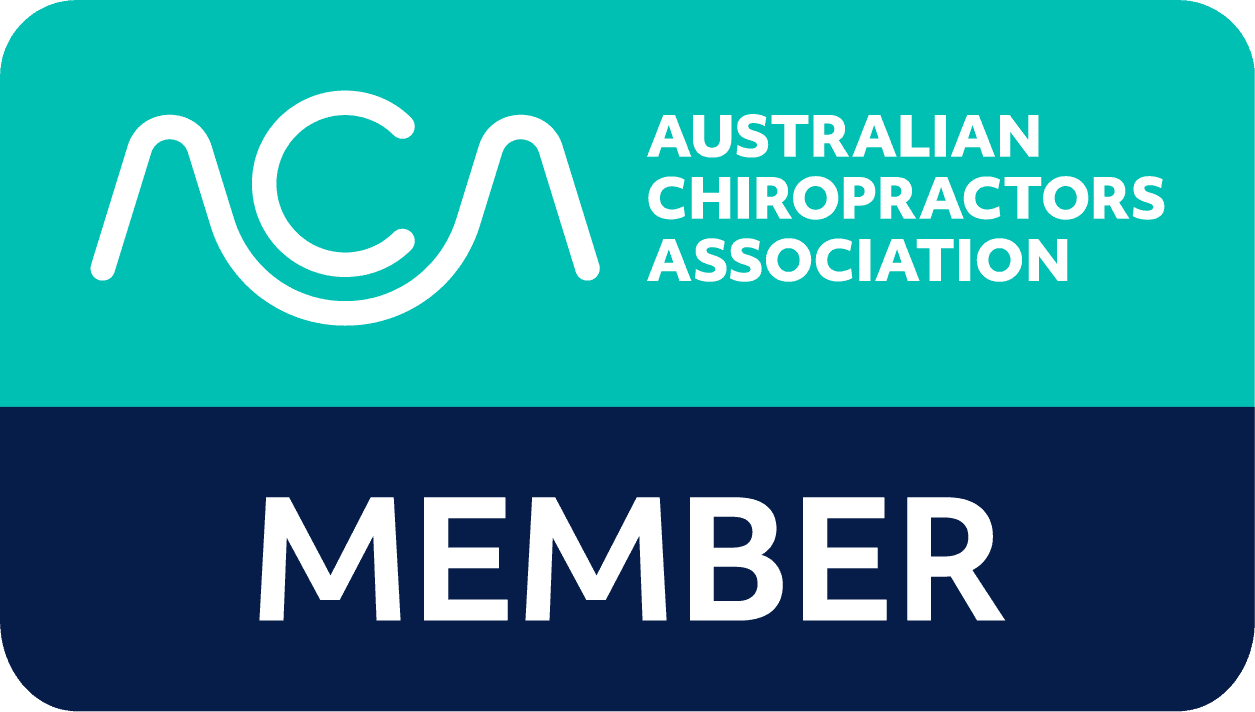Tips to Improve Sleep
You toss, you turn; nothing feels right. Nothing feels relaxed.
The sheets are too wrinkled, the blankets too rumpled, the pillows too soft, and you just know you’re never going to get to sleep tonight.
Insomnia is a problem that haunts approximately 50% of the population. It rears its ugly head during times where we need our sleep the most – as we struggle through challenges at work, family crises and other emotionally stressful and draining events. In severe cases, it’s a constant ‘companion’ to wider and more underlying problems such as depression, joint and neck pain, or burning feet.
Insomnia isn’t just a hard time getting to sleep at night; it can also make you rise far too early in the morning. Either way, the result is that you are just too exhausted to cope with the demands of life; let alone chase its pleasures.
Women and men from childhood to post menopause are affected by sleep disorders – there is no escaping them!
Sleep disorders are often difficult to diagnose and even harder to treat. Sex hormones influence sleep and circadian rhythms, affecting your nervous system which in turn affects hormonal balances and so on – it’s a vicious and seemingly inescapable cycle.
Sleep and the Menstrual Cycle
Most of us are aware that female hormones contribute significantly to Insomnia. Although not all women of childbearing age experience premenstrual symptoms and secondary insomnia before they get their period, for those of us who do – it’s torture and can contribute to depression or premenstrual dysphoria.
Insomnia related to your period may be due to a fall in progesterone, body temperature changes or painful periods. Unfortunately for those who suffer from such symptoms, this can be an ongoing cycle – one that is endured every month for 40+ years.
However, such symptoms can be managed with the right help.
Natural remedies can be effective – had great success using herbs such as Chaste berry, Hypericum, Black Cohosh to name a few.
Sleep in Pregnancy and Post-Partum
Along with pregnancy come hormonal changes and physical discomfort – both that significantly affect both the amount of, and quality of sleep.
Nearly all pregnant women will experience disturbed sleep by the third trimester.Unfortunately few women seek assistance to improve sleep.It is assumed that disturbed sleep is a ‘natural’ consequence of pregnancy that resolves over time. It is considered as although inconvenient, not necessarily a major concern.
However, the effects of late stage pregnancy sleep disturbances on labour and delivery should not be overlooked – they can contribute to increases in emotional distress and post-partum depression.
Studies indicate that a night time labour and a history of sleep disruption in late stage pregnancy are related to a higher incidence of post-partum ‘blues’. Certain sleep disorders such as Restless Legs Syndrome (RLS), Periodic Limb Movement Disorder (PLMS), snoring or Insomnia may emerge during pregnancy and place women at higher risk for sleep disorders later in life.
Studies indicate that reduced sleep time and fatigue during the third trimester could be the result of anaemia or low folate levels.
Sleep and Menopausal Transition
Many women during the menopausal transition (peri menopause, menopause, post-menopause) complain of sleep disturbances caused by hot flushes and night sweats. There is a link between poor sleep quality and high stress levels. This could be in part due adrenal exhaustion (e.g. increased hypothalamic-pituitary-adrenal axis or sympathetic activity) and an over stimulated central nervous system.
Sleep disturbances in middle-aged women are also associated with anxiety, feelings of intense anger, higher blood pressure, higher waist/hip ratios, and depression. Reduced estradiol and a drop in progesterone are associated with poor sleep quality.
Hot flushes are among the most uncomfortable symptoms that menopausalpatients complain to me about. The most common medical treatment for this problem is estrogen replacement therapy. This may be effective in stopping the flushes, but is not for everyone.
Although the cause of the hot flush is unclear, hormonal changes involving elevation of the hormones FSH and LH during and after menopause are thought most likely to be responsible.
Hot flushes can be triggered by a variety of stimulants such as:
- Spicy food (cayenne, ginger, pepper)
- Acidic foods (pickles, citrus, tomatoes)
- Hot drinks
- Caffeine (coffee, black tea, cola, chocolate)
- Alcoholic drinks
- White sugar
- Hydrogenated or saturated fats (meat, margarine)
- Stress
- Smoking
- Intense exercise
- Anger – especially if you can’t express it
A hot flush at night (known as a night sweat) may be accompanied by feelings of anxiety or terror. Some respite may be achieved by keeping a glass of water with a herbal tonic containing Motherwort andZiziphus beside you at night. If a night sweat awakens you, take 10-15 drops and a swallow of water.
Exercise directly decreases hot flushes by decreasing the amount of circulating LH and FSH, nourishing and tonifying the hypothalamus and by raising endorphin levels (which plummet with hot flushing). As little as 20 minutes three times a week may reduce flushes significantly. Other natural measures that address underlying reasons for hot flushes include diet, nutritional supplementation and plant-based medicines.
Herbs and supplements I’ve found helpful include Dong Quai, Black Cohosh, Blue Cohosh, Unicorn Root, Licorice Root, Chasteberry (vitex) Fennel, Sarsaparilla, Red Clover, Wild Yam Root, Yam, Bioflavonoids and vitamin E.
Hot flushes deplete vitamin B, vitamin C, magnesium and potassium. Frequent use of red clover or oatstraw infusions will help replace these needed nutrients. These nutrients can also be found in food or taken as supplements.
Is your lifestyle keeping you awake?
More than 80% of working women report fatigue and exhaustion, and half of them obtain inadequate sleep. Shift workers with altered sleep and circadian rhythms are at increased risk formenstrual irregularities, early menopause andmood changes.
Significant life events such as divorce or death of a loved have been associated with development of post-traumatic symptoms, including sleep disturbances.
Consumption of alcohol as a method of coping with work, family, and social demands puts one at an increased risk of alcohol-induced sleep disturbances.
Let Mother Nature nurture you back to sleep
Calcium – People who don’t have enough calcium have two sleep-related problems. Firstly, they have great difficulty falling asleep. In most cases this occurs because low tissue calcium produces irritability. Secondly, people with low calcium levels are plagued with muscle cramps at night. These painful cramps occur even without any real exertion during the day.
Magnesium – supplements may be helpful for relieving restless leg syndrome (RLS) and for treating insomnia. Magnesium is a mineral that is needed by every cell of the body. Magnesium is needed for bone, protein, and fatty acid formation, making new cells, activating B vitamins, relaxing muscles, clotting blood, and forming ATP – the muscle’s energy source.
Melatonin – is a hormone made by a part of the brain called the pineal gland. Melatonin may help our bodies know when it’s time to go to sleep. Melatonin deficiency may cause sleep disorders, immune deficiency conditions and depression. Melatonin has been found to alleviate sleep disorders and boost the immune system.
Niacin – Niacin is a member of the Vitamin B-complex, otherwise known as Vitamin B3. It is important to stimulate a healthy nervous system, and in easing symptoms of depression, anxiety and insomnia.
Passion Flower – is the herb of choice for treating intransient insomnia. It is also used as a sedative in nervous disorders (including gastrointestinal complaints of nervous origin), difficulties in sleeping, and anxiety or restlessness.
Valerian – Used for thousands of years as a folk remedy, tranquilizer, and sedative for disorders such as restlessness, anxiety, and insomnia; scientifically proven to be a safe and effective anti-anxiety agent and sedative.
Chamomile – has been known to successfully treat anxiety and insomnia.
So when you’re lying in bed at night staring at the ceiling wondering what it will take to fall asleep remember that you are not alone! Most importantly decide that from this night on you are going to make changes – call an experienced naturopath or trusted other health practitioner in the morning. Discuss with them lifestyle changes and remedies to balance your hormones, get sleep and dream you way back to better health.
Narelle Stegehuis is a naturopath with 20 years’ clinical experience. She has a Masters in Health Science Herbal Medicine. As well as being an experienced clinician she is a presenter, academic researcher and author with Cochrane database of Systemic Reviews.
An academic consultant for the National Integrative Institute for Medicine, Narelle provides content and support for educational program development and is a content provider for several main stream media publications. Narelle regularly presents at industry events including the Endeavour College of Natural Health and community health initiatives.
A member of the Fertility Society of Australia and Naturopath and Herbalist Association; Narelle is a leading expert in her field and available for consultation at Nicholson Health and Wellness. www.nicholsonhealthandwellness.com.au



